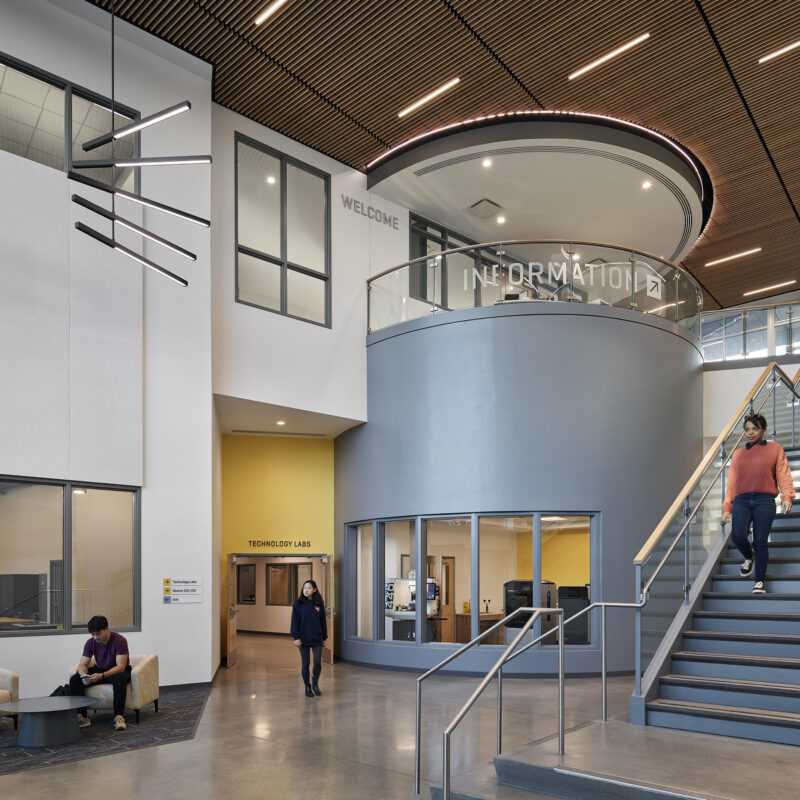Most wedding visions include the perfect life partner, the ultimate dress, the romantic setting, glorious weather, and wonderful food—but what about the dream motor coach?
“Transportation is a really important part that clients don’t often think about,” says Hannah Dubit of Hannah Rose Event Design. Fellow wedding planner Marilyn Speight of Just a Little Ditty agrees: “[Transportation] is one of our top priorities, and it’s often overlooked.”
Many couples—and wedding planners—have horror stories about a member of the bridal party getting lost, or a car full of guests becoming stuck on a country road behind a tractor. “We encourage our clients to provide transportation for their guests to and from the wedding and reception,” says Speight, “and we prefer to manage that, as part of their experience.”
Smart couples begin lining up vendors a year in advance, and this should include transport services. Charlottesville is a very popular wedding destination, and that means calendars fill up fast.
Charlottesville also poses transportation challenges. That lovely small-town feel means there aren’t a huge number of taxis or driver services to tap into. The majority of wedding venues are out in the country, which means longer travel times, rural roads, and erratic cell service. And many venues have their own access issues: gravel roads, narrow or winding drives, steep hills, and no parking lot. There’s no use arranging charter buses if the vehicles can’t make the turn into your charming wedding site.
For planning purposes, the number of guests is important—including whether any attendees have physical limitations or access needs. Then, fitting the vehicle to the venue is key; if 55-seat charter buses won’t fit, better options might be mini-buses seating 20 to 40, or even 12-seat executive vans (often used for the wedding party, or the couple’s families). Charlottesville has a wealth of bus charter companies—Easy Riders, Albemarle Coach, Charlottesville Charter, and Quick’s, among others.
For smaller weddings, limousine services are an option—especially for the couple to get to the reception, and get away at the end. Stretch limos are not as popular as they once were, but firms like A&A Limousine, Albemarle Limousine, or Richmond-based James Limousine Service have a range of vehicles.
Depending on your wedding theme, trolleys can be a fun way to go; try Taylor’s Classic Travel or Crozet Trolley. But Dubit notes trolleys may have trouble on hilly sites, and an open-air vehicle might not be practical for that all-white winter wedding.
Want to go with more style, or a little novelty? Consider classic or antique cars, or perhaps even golf carts. Speight had one client who got married on the family farm and squired guests around in all-terrain vehicles. For these more individualized modes, check with Albemarle Limousine or Camelot Classic Cars.
Whatever mode you go with, wedding experts say, preparation is key. Dubit says transportation is one of the most stressful aspects because “so much is out of our control.” Speight recommends doing a dry run well in advance, with the chosen vendor, to scope out the route. And she will also check just before the big day for road construction or closures, missing road signs, GPS accuracy, and cell dead zones. It may be wise to consider the low-tech option: providing written directions.
Most wedding planners will assign staff to be at the pick-up site to make sure everyone gets on the right bus at the right time. Some planners even have a staffer ride along to communicate any delays or changes, since the drivers can’t call or text while at the wheel. And remember to factor in transportation arrangements when you’re planning wedding insurance.
In the end, transportation—like most logistics—means a lot of work ahead of time so on the day it seems effortless. After all, what you want everyone to remember is the wedding itself.






